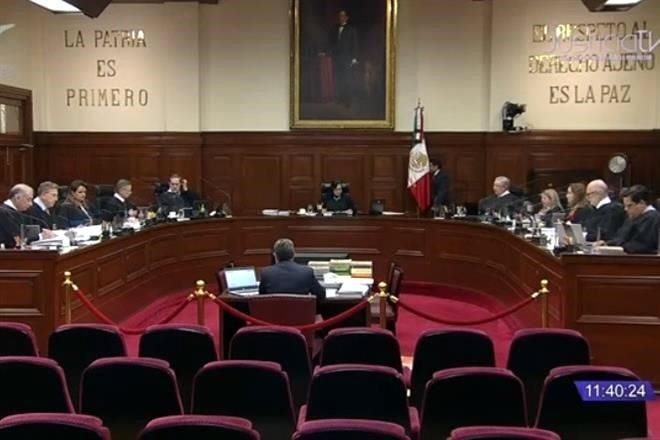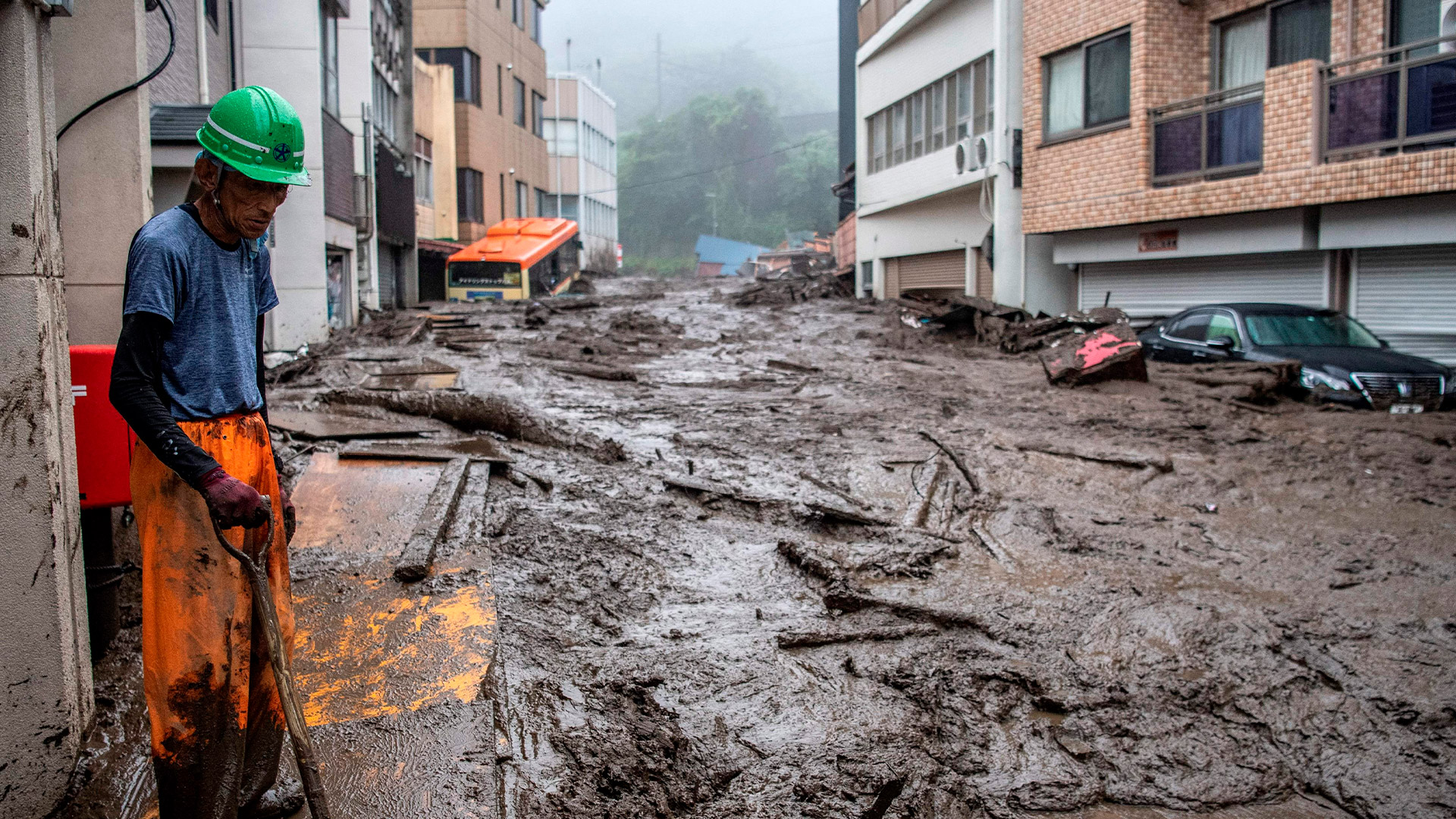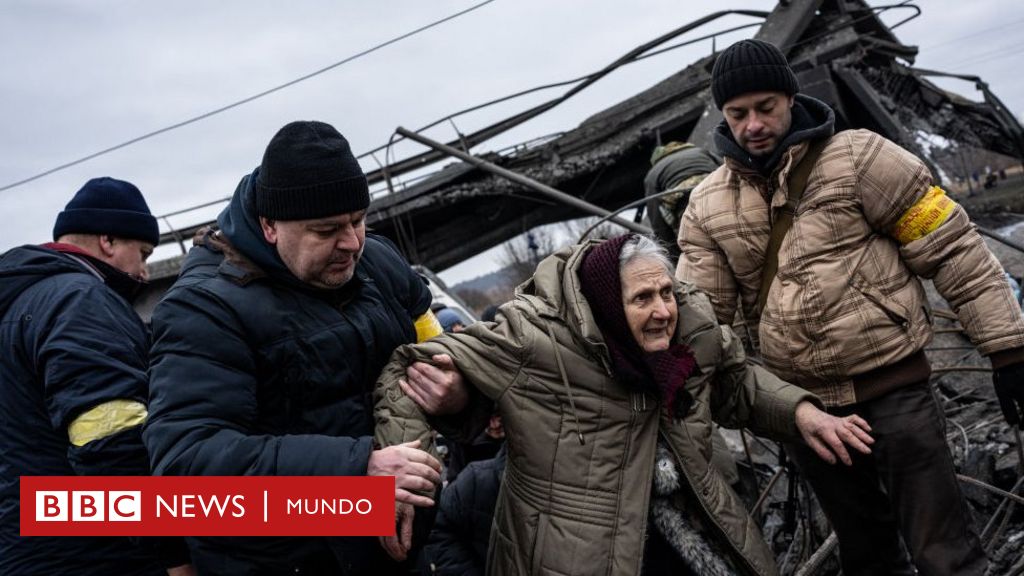Mexico City.- The Supreme Court of the Nation (SCJN) today revoked the power of military prosecutors to request a judge, or directly order, the provision of data on the real-time geolocation of mobile devices and its use by telecommunications companies.
In addition, the full panel of the court also invalidated said prosecutors’ authority to request search warrants for private homes or civilian government facilities when investigating crimes under military jurisdiction.
The court today concluded its analysis of the Military Criminal Procedures (CMPP) and Military Justice (CJM) challenged since 2016 by the National Commission for Human Rights (CNDH), whose deliberations began at the end of March.
Absence of Minister Alberto Pérez Dayan for vacation forced to postpone some issues until today, where there were seven votes.
With the minister’s vote today, the court mustered the necessary majority to strike down 299 of the CMPP and 81 Bis fraction VII of the CJM, as they allow geolocation to be so open-ended that military authorities do not distinguish whether it can be used on civilians or not. Limit to the most serious crimes.
“Regarding the military personnel subject to the investigation, when it was able to be carried out, as a result of the arbitrary exercise of the ministerial power, it is not specified on whom or on whom it may be carried out. But on persons outside the military jurisdiction, without prior control of this action by the civil judicial officer,” said Minister Luis Maria Aguilar’s plan says.
Regarding searches, Pérez Dayan’s vote invalidated articles 278 and 282 of the CMPP, which allow military judges to authorize entry into private homes or government offices, and civilians due to an unnecessary extension of military jurisdiction.
Pérez Dayan also supported the repeal of three articles of the CMPP regarding the interception of private communications at the request of military prosecutors.
However, Article 287 of that code, which allows this type of intervention in military trials, was not challenged by the CNDH, and only three ministers voted to extend the invalid provision.
On the other hand, the minister was against repealing Article 215 of the CMPP, which qualifies all records of military investigations as “strictly reserved” and set a deadline for disseminating public versions of certain decisions of the Ministry of Public Affairs.
On this issue, only seven votes are absent, so the rule will remain in force.
In March sessions, the court already struck down the military’s authority to order searches of vehicles without court authorization, and the reason military judges can use public force to bring witnesses to testify.
Ministers Arturo Saldivar and Yasmin Esquivel were very reluctant to invalidate any aspect of these codes.
Zaldivar only advocated the abolition of the use of public force to produce witnesses, without any other preemption, while Esquivel spoke only against the interference of communications, since the Constitution only gives civil judges the power to order.





